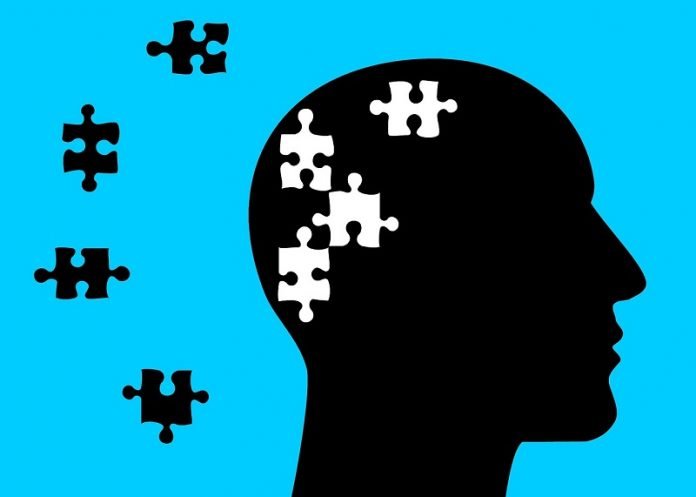
It is known that Post-traumatic stress disorder, or PTSD, is common in military veterans who have served in combat roles.
But research has shown that many common people experience PTSD, too. In the U.S., the mental condition affects about 7 million people, according to the National Institute of Mental Health.
PTSD can happen after people see or experience a scary or dangerous event. The event can be a car accident, a natural disaster, a crime, sexual or physical abuse, or death of a loved one.
Israel Liberzon, M.D., a professor of psychiatry at the University of Michigan, provides important information about common causes and treatment of PTSD.
The risk factors of PTSD may be exposure to previous trauma, especially childhood trauma.
Repeated assaults, such as that in domestic violence, is another risk factor.
In addition, severe anxiety or depression prior to the trauma may increase the risk of PTSD.
The common signs of PTSD include reliving the event through flashbacks or nightmares, avoiding situations that remind you of the event, negative changes in beliefs and feelings, and feeling constantly alert for possible danger.
Generally, these symptoms can go away with time.
But if these symptoms persist for months after the trauma, get worse, or start interfering with daily life, it may signal a larger health issue, and patients need to talk to their doctors.
In children, the PTSD may be harder to detect because children might not be able or willing to report it.
Parents need to pay attention to children’s behavior.
For example, if a child was exposed to a traumatic situation and over the following months his/her performance in school deteriorates or the kid becomes sad, withdrawn, or has changed in sleep or appetite, it is time to see a doctor.
Currently, there are several effective treatments for PTSD. Patients can choose psychotherapy (talking to the therapist) and pharmacotherapy (taking medication).
Patients and their doctors should discuss various options and decide what might work best for them.
The researcher suggests that although many people try to manage PTSD on their own, it is better to consult with a doctor.
This is because the natural tendency of avoiding all reminders of trauma may not really benefit the patient.
It is also important not to try and cope by using drugs or alcohol because these substances may lead to new mental problems.
If you feel you have PTSD, you should start by talking to someone you trust and who will care about you.
It will be helpful if you share your feelings with your doctor, social worker, a family member or a friend as early as possible.
If you find that your friend or a family member supper from PTSD, you can talk to them without assigning “diagnosis”. Just suggest that there might be a way to get help to deal with the problems.
Finally, if you feel the situation is dangerous and there is potential harm to your or others, you can call an emergency line or emergency services.
Copyright © 2019 Knowridge Science Report. All rights reserved.



